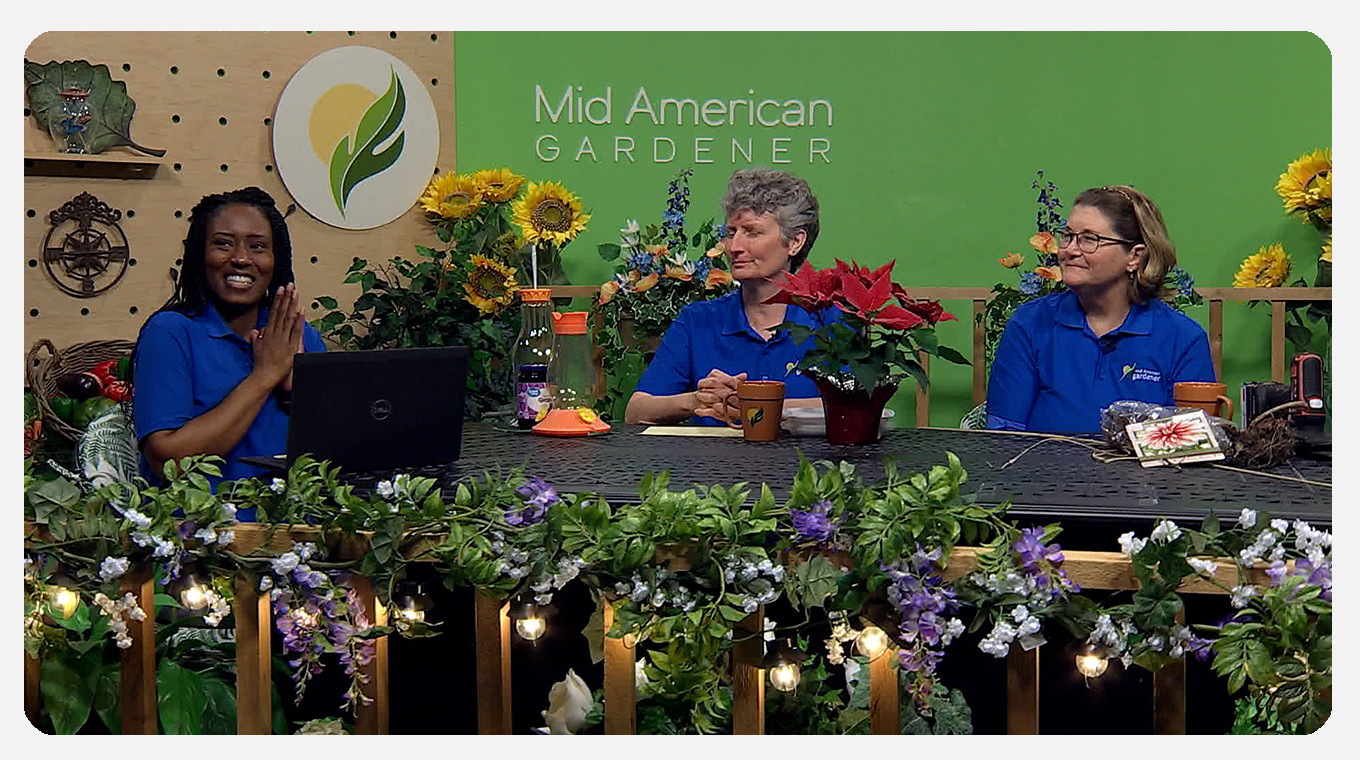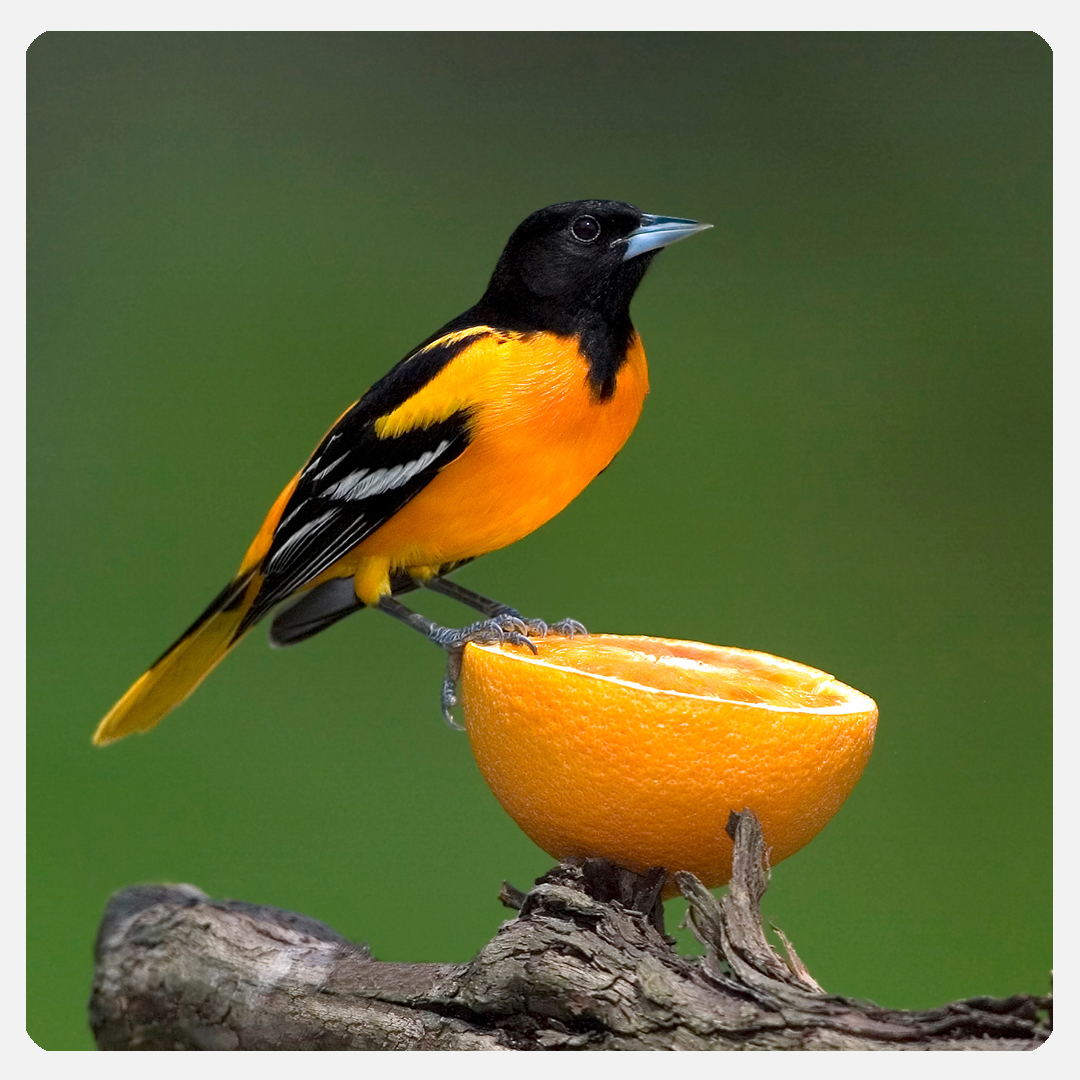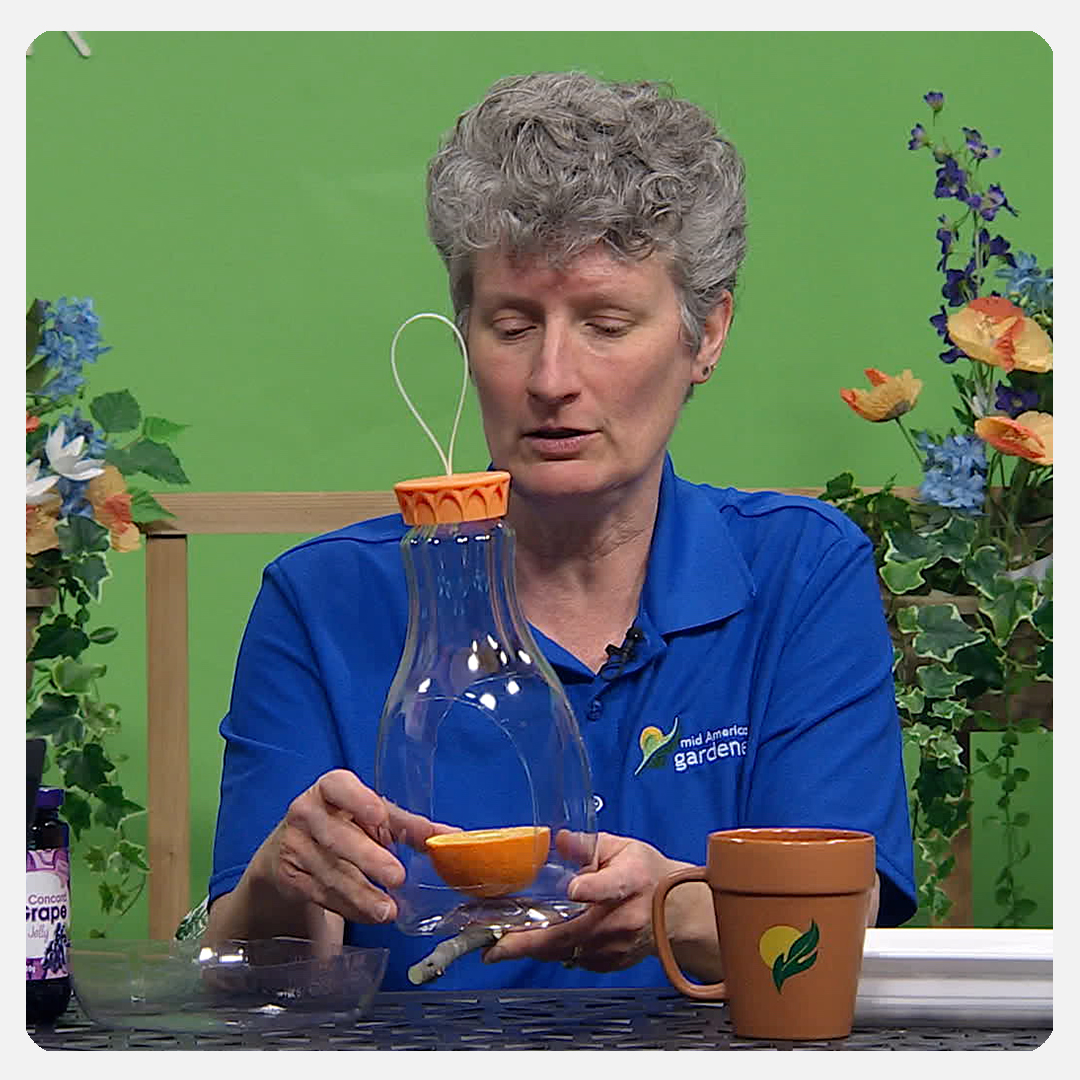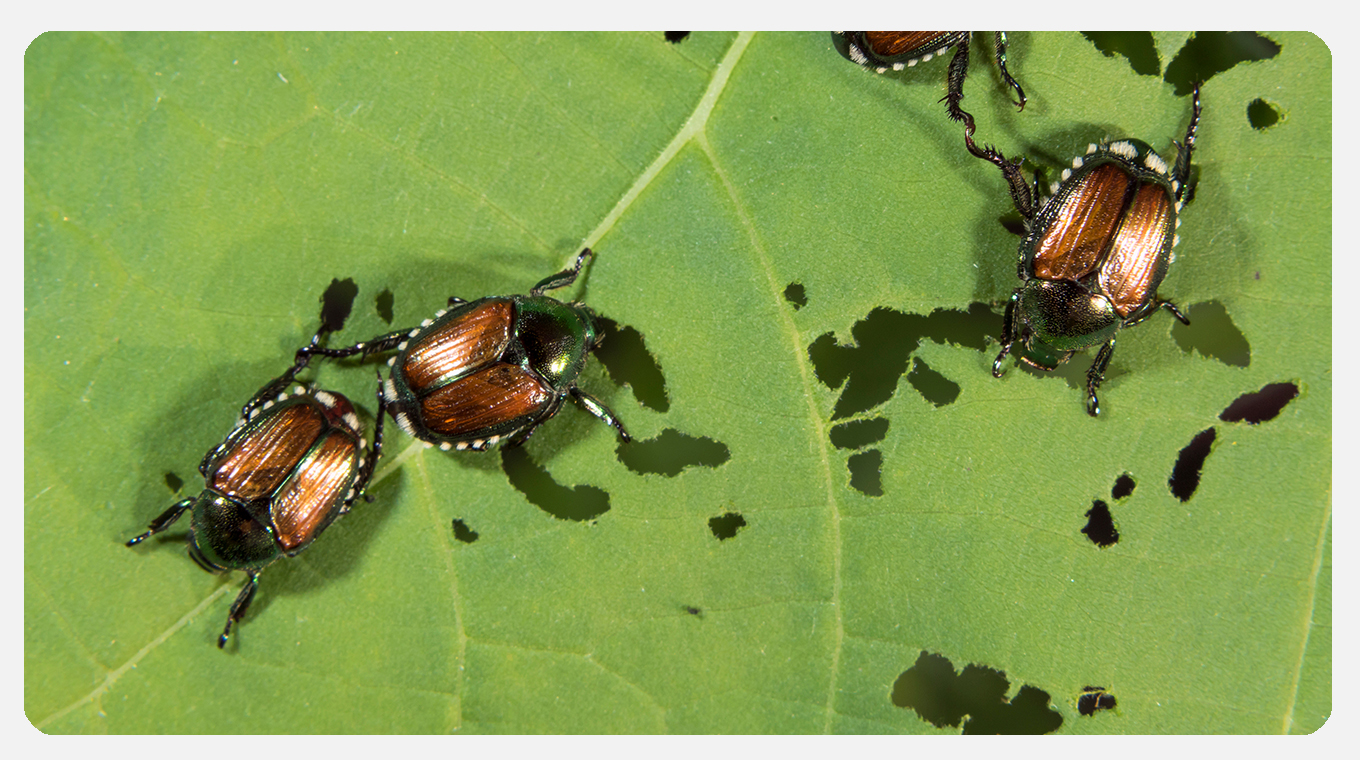DIY: What You Need to Attract Baltimore Orioles to Your Yard
This week on Mid-American Gardener, Ella and Karen are in the studio to share some tips on the easiest ways to cut back your overbearing ornamental grasses, how to attract orioles to your yard, and a simple way to give your dahlias a head start.

If you haven’t cut back your ornamental grasses yet, now is a great time to do it. Ella recommends getting a hedge trimmer attachment for your drill for a quick job, but simple shears will work just fine. Be sure to know which type of grass you’re trimming, though. Cool season grasses will have new growth already, so do not cut them all the way back, only to the new growth. With warm season grasses, you can cut it back to the ground. While grasses are difficult to dig up, now would be a good time to transplant or divide them if they’re getting a bit unruly.
Karen reminds us that the hummingbirds are starting their migration north. Along with hummingbirds, Karen often gets visited for a short while by Baltimore Orioles, too. She is looking to bring more to her yard, so she created an oriole feeder out of recycling—our favorite!

You only need an orange juice container, a zip tie, a screw, and a stick! Simply cut a window out of the orange juice container and drill a hole in the bottom. Attach the stick to the bottom to create a perch, but make sure your screw is long enough to secure an orange half on the inside. Drill a hole in the lid and connect a zip tie in order to create a hanger. Orioles are attracted to both oranges and grape jelly. Just use jelly that only has natural sweeteners, like corn syrup and sugar. Make sure you clean the feeder out every few days to prevent bacteria growth.

Do you have dahlias you’re not sure what to do with? Ella overwintered hers in an upstairs closet, as they like to be stored at a warm temperature. Dahlias can be grown in a container or in the ground. Ella likes to give her dahlias an early start by planting them early in a container. She waits until they sprout and get about 6-12 inches tall. Once the temperatures are above 50 degrees fahrenheit at night, you can plop them in your garden bed or pot, whichever you prefer.

A few questions also came in as viewers are wondering how to tackle Japanese Beetles and poison hemlock in their yard this year. If that’s a battle you’ll be fighting, this is the show for you!

If you’ve got any questions for our panelists or suggestions for gardens or greenhouses that we should visit, please send us an email at yourgarden@gmail.com com, or you can find us on Facebook and Instagram.




